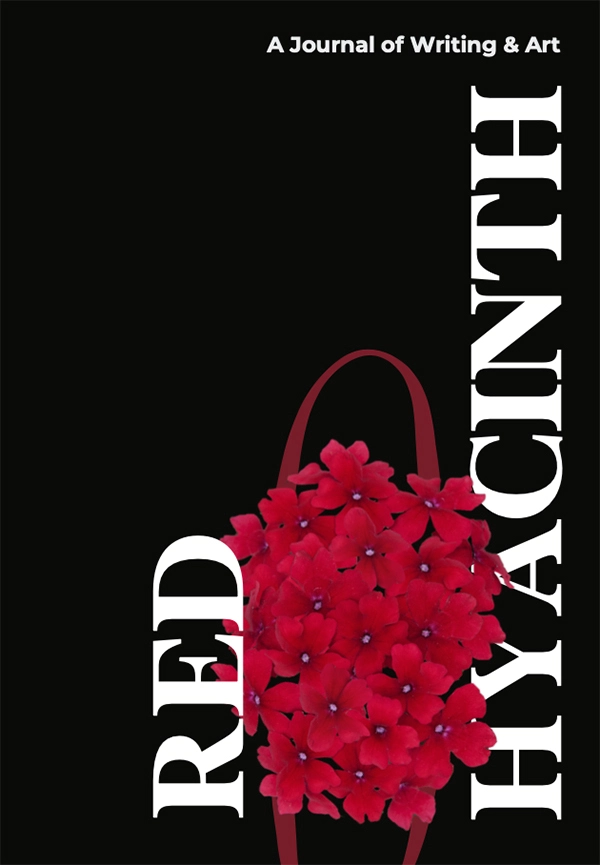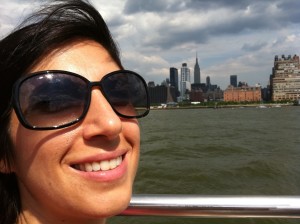The soda ban passed recently by the New York City Board of Health has provoked accusations of wrongful city interference and a misfired weapon, while others applaud it as a much needed action to address expanding American waistlines and skyrocketing diabetes rates.
At Mercy College, opinion is likewise divided.
The beverage restriction, initiated by Mayor Michael Bloomberg, will take effect on March 12, 2013. At first glance, it seems simple: soda and other sugar-laden drinks sold in containers larger than 16 ounces will be outlawed. Establishments ordered to comply include movie theaters, sports stadiums, restaurants, and street carts. Those establishments not subject to health inspection letter grades are exempt, with convenience stores, vending machines, and supermarkets falling under that umbrella.
On closer inspection, the restriction is more convoluted, and opponents such as New York City Council member Robert Jackson are uncomfortable with the ban’s arbitrary nature.
“It doesn’t make sense that one establishment will be banned from selling these larger sugary drinks but a bodega right next door will be able to sell them.”
And in a city with endless food choices, he’s right. In translation, this means that a customer can buy a take-out lunch from a privately owned restaurant, which is subject to health inspection letter grades, and then walk next door and buy a 32-oz Big-Gulp from 7-Eleven, which is exempt from the ban.
Advocacy groups like New Yorkers for Beverage Choices are lashing out on social networks, recently calling on supporters via Twitter to “stand up to bureaucrats who think they can tell us what to do.”
Mercy College psychology major Amrit Ramroop agrees that government has gone too far with this controlling measure.
“I work for my money and I should be able to spend it on what I want. Soda is the least important thing we should be worried about right now.”
New York City Council member Diana Reyna, in a press release, agrees that the focus is misguided. Reyna blamed increased rates of childhood obesity on public school budget cuts, which has led to a lack of physical education, and called on Bloomberg to create “more open green space in the neighborhoods that desperately need it.”
Some proponents of the restriction hope it will provide clarity for people who are swimming in a sea of bad food choices. If the option for a single beverage that contains up to 54 teaspoons of sugar is taken away, a healthier choice is the only choice.
The New York City Board of Health, which voted 8-1 for the ban, has concluded that sugary drinks are a “leading driver” in the city’s obesity problem, now considered an epidemic because more than half of all New York adults are overweight or obese.
Dr. Astrid Mel, Assistant Professor of the Department of Natural Sciences at Mercy College, doesn’t necessarily support the ban but believes this is a step in the right direction.
“We’re set up to fail. Everything we see goes against the current of healthy eating,” said Mel. “Our drinks being full of sugar is one factor, though there are many others, including the quantity and quality of food we choose to eat, inactivity, and portion size.”
She believes that super size portions are so normal we don’t even realize how much we over consume, and encourages people to have a look at food norms outside of the U.S.
“When my relatives from Europe visit, they’re in shock at our portion sizes. A small coffee at Starbucks is more like a large for them.”
Perhaps provoking the public into outrage at what some see as consumer rights infringement is exactly what is needed to start a serious conversation about constant mindless consumption of sugar and empty calories.
“Nothing else seems to be working,” said Mel. “We need the shock factor that this ban is providing. With so many things, there is a gap between knowledge and action, and this is an active attempt at addressing the obesity epidemic.”
Psychology and social work major Patricia Lavalle also balks at the way portions have gotten out of control, and believes this has gradually led to an overweight nation. She remembers when size small meant small.
“Suddenly everything became supersized. I don’t see why people need to drink so much when they go into a movie.”
Mel points out that New York has been a leader in a lot of things.
“There has to be a trend setter, so why not an influential city like New York? This measure is encouraging people to make healthier choices.”
She cites previous laws that the public initially resisted with claims of government interference, such as the mandatory seat belt law that took effect back in 1984 (New York was the first state to pass this).
“You don’t see people trying to reverse the seat belt law. People aren’t pushing to get smoking allowed back in bars and restaurants.”
People initially cringe at being told what to do, and at Mercy College we currently seem to be in the midst of that early rebellious stage. Psychology major Tyler Powe stated it very plainly.
“It’s just not fair to tell people what they can buy.”









